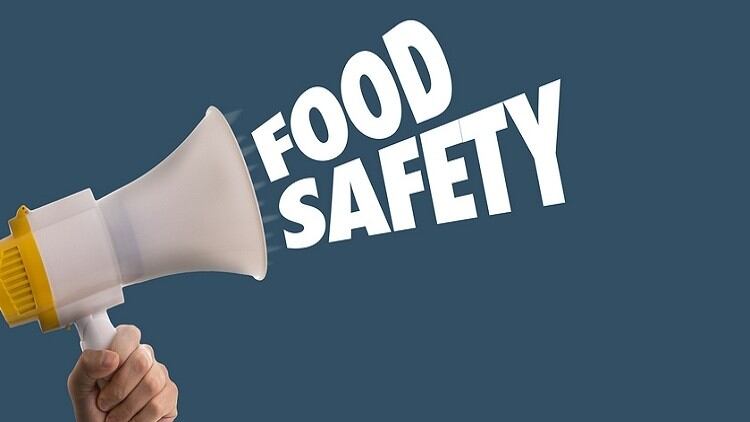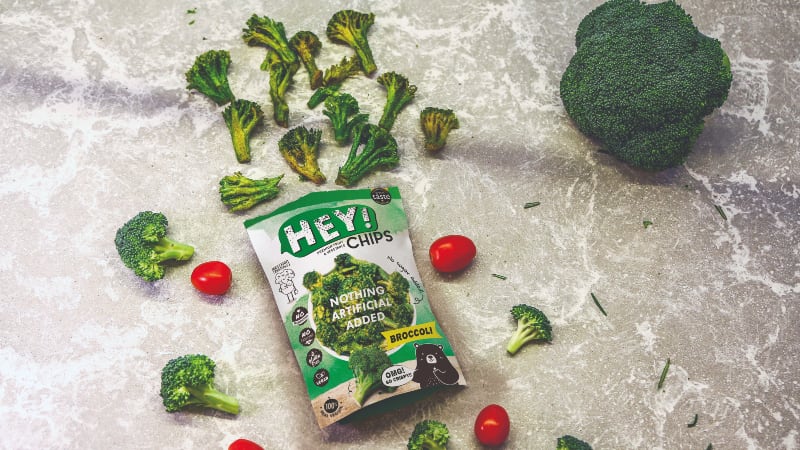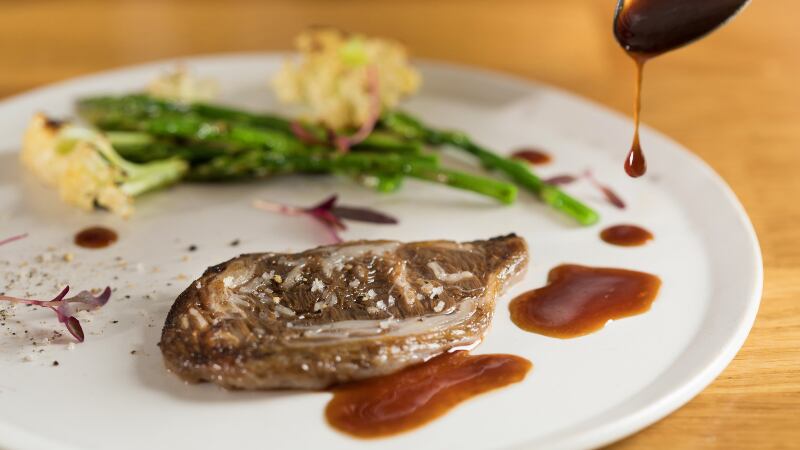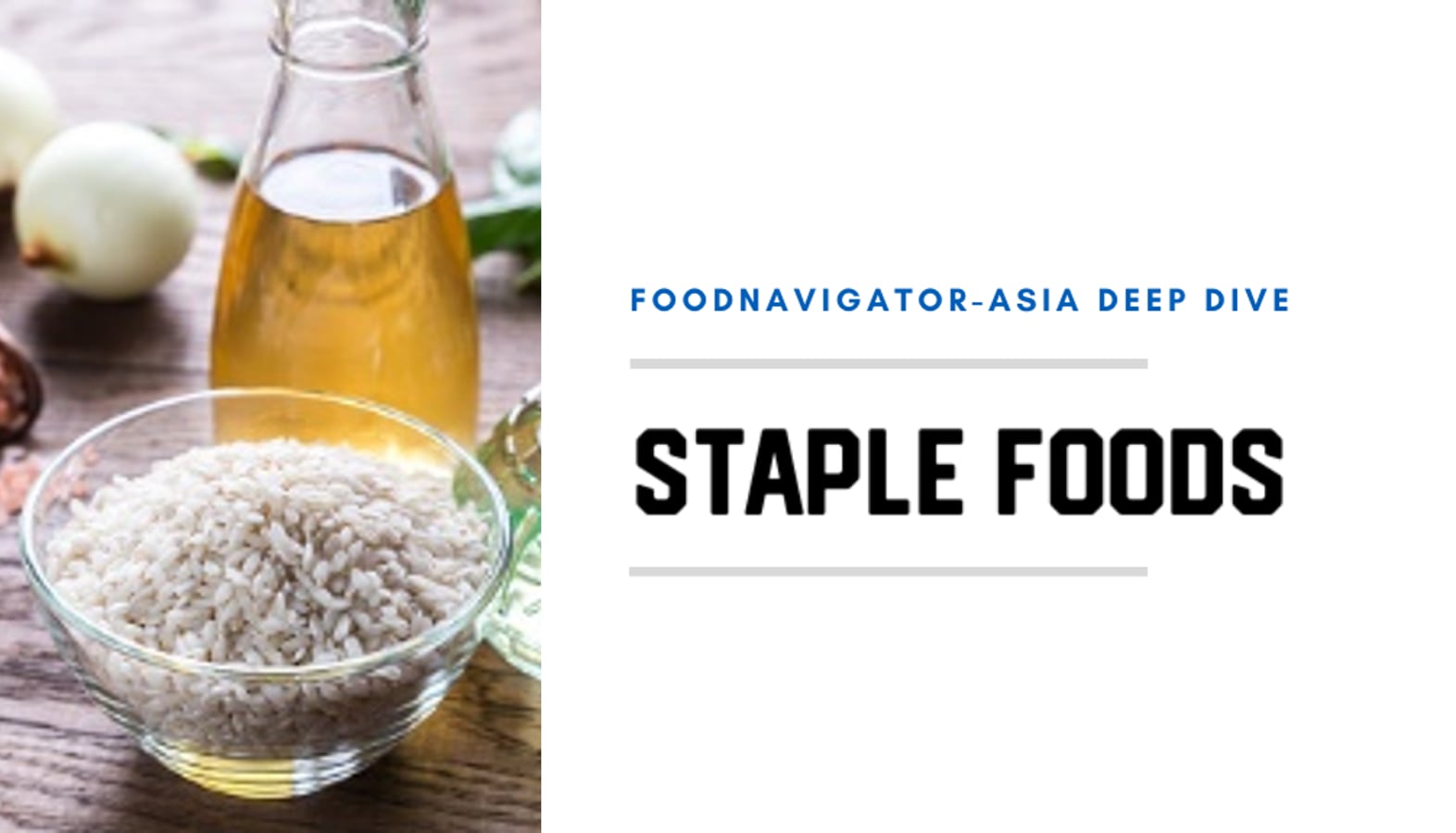‘Sold deceptively’: Indian regulator warns against plant-based ghee, butter products carrying 'dairy terms'
The Food Safety and Standards Authority of India (FSSAI) has told food bosses to check if they sell ‘vegan ghee’ or ‘vegan butter’ products, calling branding that contains dairy terminology ‘misleading’.
According to the country’s food regulations, the terms ‘ghee’, ‘butter’ and other dairy terms cannot be used to market some vegan foods. Manufacturers of plant-based alternatives also need to get specific approval from the food authority to use a vegan food claim or place the vegan logo on pack.
In a letter to all commissioners of food safety and all regional FSSAI directors, the body reported that non-dairy products branded as ‘plant-based ghee/butter’ and ‘vegan ghee/butter’ were being sold online and in stores by some retailers, in breach of regulations.
‘No place in food’: Egypt food safety authority vows to hit WHO trans fats guidelines within 12 months
The Egyptian food safety authority has committed that the local food supply will hit World Health Organisation (WHO) trans fats guidelines within 12 months, claiming its recent policy changes will finally take it off the global high-consumption list.
Egypt currently stands as one of the highest consumption markets of trans fats in the world and the highest in terms of coronary heart disease related deaths linked to trans fats intake, according to data from the WHO report on global trans-fat elimination released in January 2023.
Following the WHO’s recent circular warning that Egypt is amongst the top 16 countries with the highest proportion of coronary heart disease deaths caused by trans fat intake yet do not have a best practice policy, the Middle Eastern nation has highlighted that it is implementing changes to reach WHO requirements within 12 months.
“The Egyptian National Food Safety Authority (NFSA) has published a decree in Egypt’s official gazette which will see manufacturers and importers all limited to 2g TFA per 100g total fat in all food products, to be enforced within 12 months,” NFSA chairman Dr Tareq El Houby said via a formal statement.
World-first voluntary guidelines: Singapore introduces food safety standards in the e-commerce space
Singapore has developed a new set of voluntary food safety guidelines for businesses across the food e-commerce supply chain.
The guidelines for food e-commerce were developed by a working group comprised of a government agency, industry associations and private sector players.
There has been an upward trend in the supply and demand for food via e-commerce – as more brick-and-mortar food businesses moved online. However, divergent practices pertaining to product safety were noted across different e-commerce platforms.
The Working Group saw the need for “a common understanding of industry best practices for the management of online sales of food products.”
Cutting the red tape: Singapore urges baby cereal manufacturers to update food safety management
The Singapore food authority has introduced a new voluntary scheme for baby cereal imports in a bid to encourage manufacturers to update their food safety processes.
Current regulations for baby cereal products to be imported into Singapore require mandatory Aflatoxin B1 tests prior to entry, a costly and time-consuming requirement.
In an effort to reduce this bottleneck, the Singapore Food Authority (SFA) has introduced a new voluntary imports scheme allowing for any registered manufacturer to bypass this requirement as long as it updates its own food safety management practices.
“This new voluntary scheme will involve manufacturers of infant cereals heeding several new pre-import control measures including having in place [their own] food safety management and assurance programme,” SFA said via a formal statement to the World Trade Organisation (WTO).
Fortified future? China set for mass fortification of staple foods to combat deficiencies – consultation open
China is considering mandating mass nutritional fortification for various staple foods in order to boost public health and combat nutrient deficiencies.
The China National Centre for Food Safety Risk Assessment (CFSA) has outlined a detailed proposal to mandate the nutritional fortification of a wide variety of staple foods in the country, including food groups such as dairy, rice, wheat flour and vegetable oil.
“Expert discussions have concluded that there is a need to implement a mass fortification of certain nutrients in [food products], with a focus on nutrients that Chinese consumers are relatively deficient in,” CFSA said via a formal statement.





